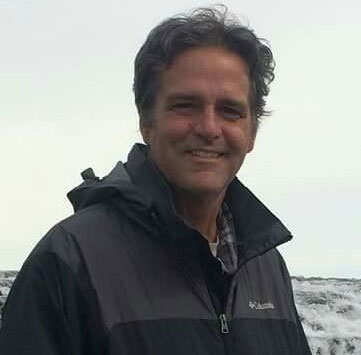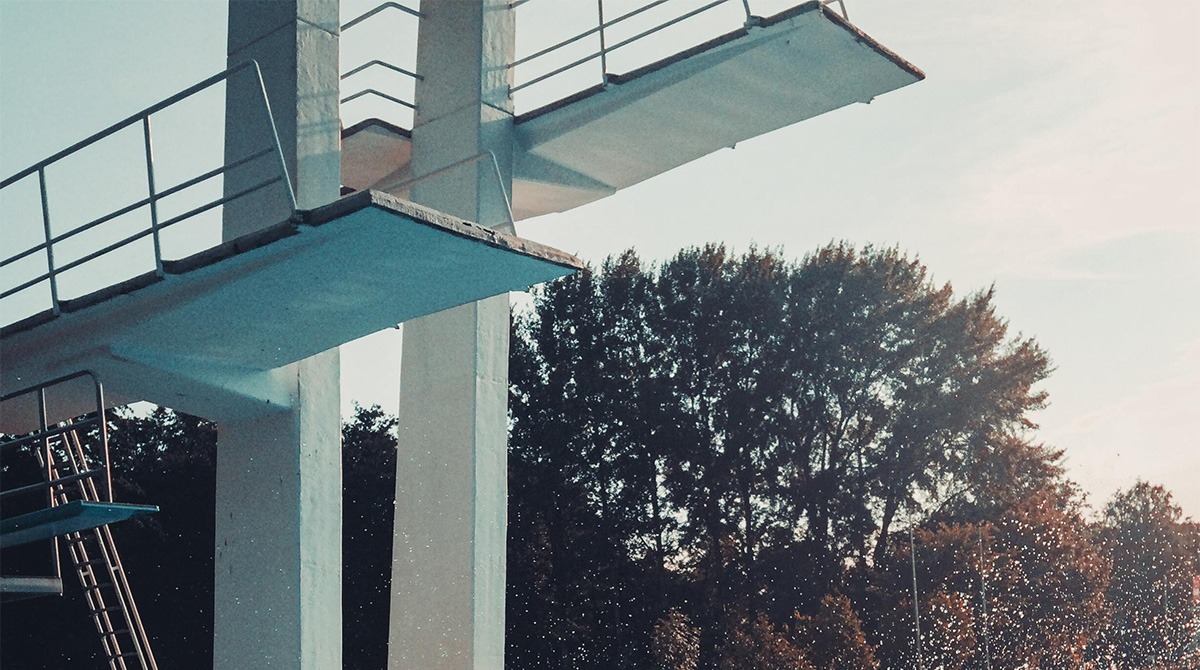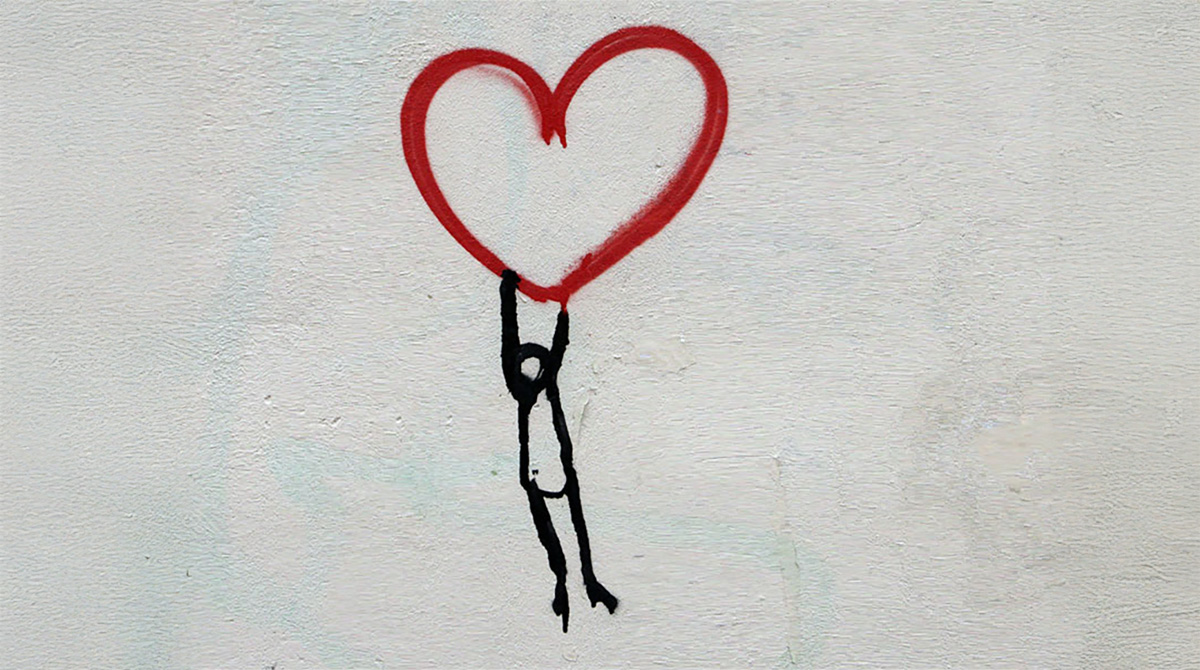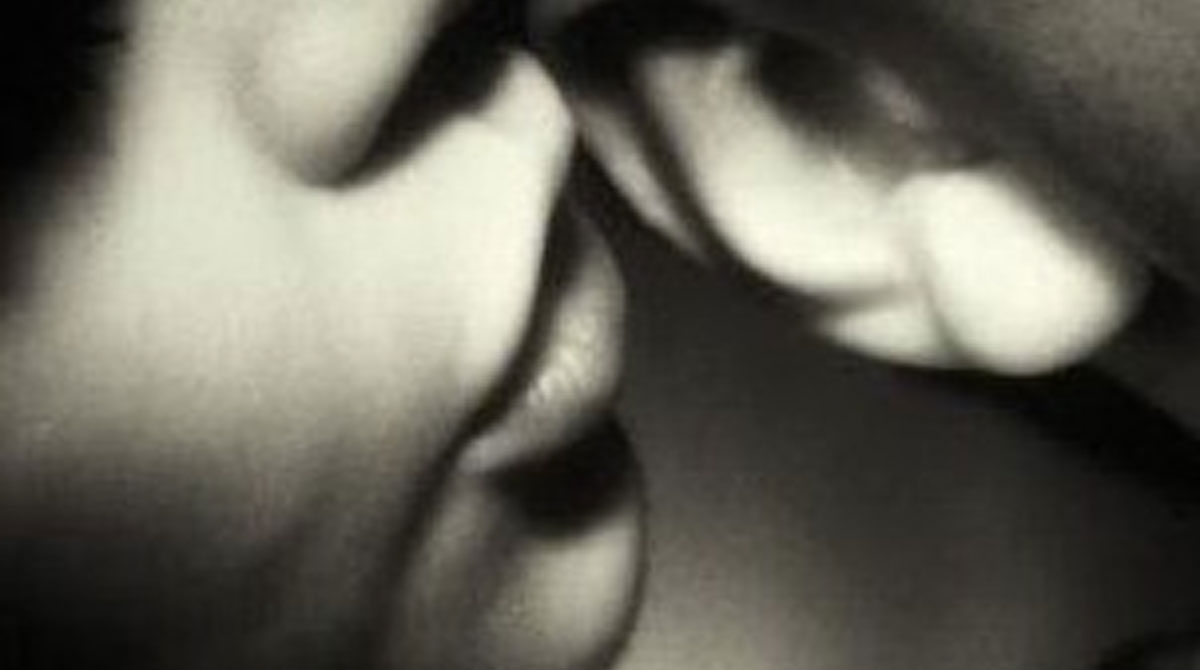New Beginnings
Guest Post by David Hicks
Spring is traditionally a time of new beginnings, and this spring is no different. But oh, what a difference.
This spring, new beginnings are tied to new endings—the ending of so many lives, the ending of our way of life.
It is, nonetheless, a new beginning. Nature hasn’t died, or been infected. Neither has it paused, horrified, to watch as we try to survive. Trees and bushes have budded. The birds have returned. Weeds and grasses are sprouting. The sun is inching higher in the sky. And absent the habits of my everyday life, I am more attentive to it, and buoyed by it.
We can’t connect, physically, as we always have when the weather warms. We can’t gather in the park. We can’t go across the street to give our grieving neighbor a hug. We can’t sit around our neighbors’ patio table, listening to music and enjoying a drink; we can’t meet our grown children for breakfast and give them a kiss. That is certainly a frustration. But a mild one, relatively speaking.
For we can still connect, in new ways and old. We can zoom-video-meet-up with the entire family, cousins and siblings, nieces and nephews, to help Mom/Grandma feel less alone. We can call our friends and hear their happy voices on the phone. We can meet the owner of a local restaurant in the driveway as he delivers our food, and converse with him while staying six feet apart, putting our hands on our hearts.
People are saying that after this, we won’t be as physically affectionate as we used to, but I don’t think so. I think we’ll return to it with a quiet desperation, just as we will go outside again with joy, heading for the hills. We have always craved the clasp of hands, a warm embrace, our connection with the earth.
There has always been death and devastation. It’s just that this time, it’s at our doorstep; and we were used to it being somewhere else, far away.
To succumb to it, to whirl inside its force, is to lose your life while living.
So even in the midst of these horrible endings, we are beginning. We are beginning to learn how to connect while disconnected; how to show affection while disaffected,; how to communicate without communicating (e.g. by muting and unmuting), how to love by not loving. We are starting to see how, both positively and negatively, our daily lives will change once the pandemic subsides.
And I, at age sixty, am beginning anew.
After a devastating loss in our family, my wife and I have decided to move back east, so we can be closer to the parents and siblings we still have and cherish. Thus in the very midst of the pandemic, indeed at the very heart and height of it, we are preparing to change locations, change jobs, change lifestyles.
And I have sent my agent a new novel I just completed (also both an ending and a beginning) and started a new story. I am energized. I am not hiding in a corner, waiting out this pandemic. I am paying attention to the beauty in all of us as well as the evil in our midst, and I am reminding myself, every day, that both are at once omnipresent and true. I am taking precautions, am hyper-aware (almost moment-by-moment), but am putting neither my inner life nor outer life on hold. I am going outside, every day, opening my heart to the budding trees, bushes, and flowers in a way I never did when I was young. I am writing every day (an act of faith, an act of love, a grounding meditation in itself), doing my best to convey the beauty that is in the midst of misery. And I am loving those that I love. I am staying open when everything inside me wants to close up shop. I am waking up grateful, every day, for my wife, and for my children and brother and sister and mother and cousins and friends, and I am sending out my sorrow, my concern, my prayers, to my students, my friends’ loved ones, and to strangers. And doing so—being so—as opposed to being overwhelmed and busy and distracted every day, is a new way of life for me, a new beginning.
I don’t have too many years, or maybe even days, left. I’m not going to sit around worrying or whining. I’m going to accept our current situation, take care of myself and loved ones, and get busy doing the things I love. Being the best husband and father and professor and friend I can be. I’m going to teach young people how to think and write for themselves. I’m going to write stories that bring meaning to, and hopefully grace, my readers’ lives.
So I begin.
About the Author: David Hicks
David is the author of the debut novel, White Plains, published by Conundrum Press in 2017, and a finalist for the Colorado Book Awards (2018). Excerpts from the novel have been published as short stories in Glimmer Train, Colorado Review, Specs, Saranac Review, and South Dakota Review, along with other stellar journals. More of David’s writing can be found on his website david-hicks.com
Featured image by Danielle MacInnes













Likhon chowdhury says:
Conor says:
Andy Garcia says: